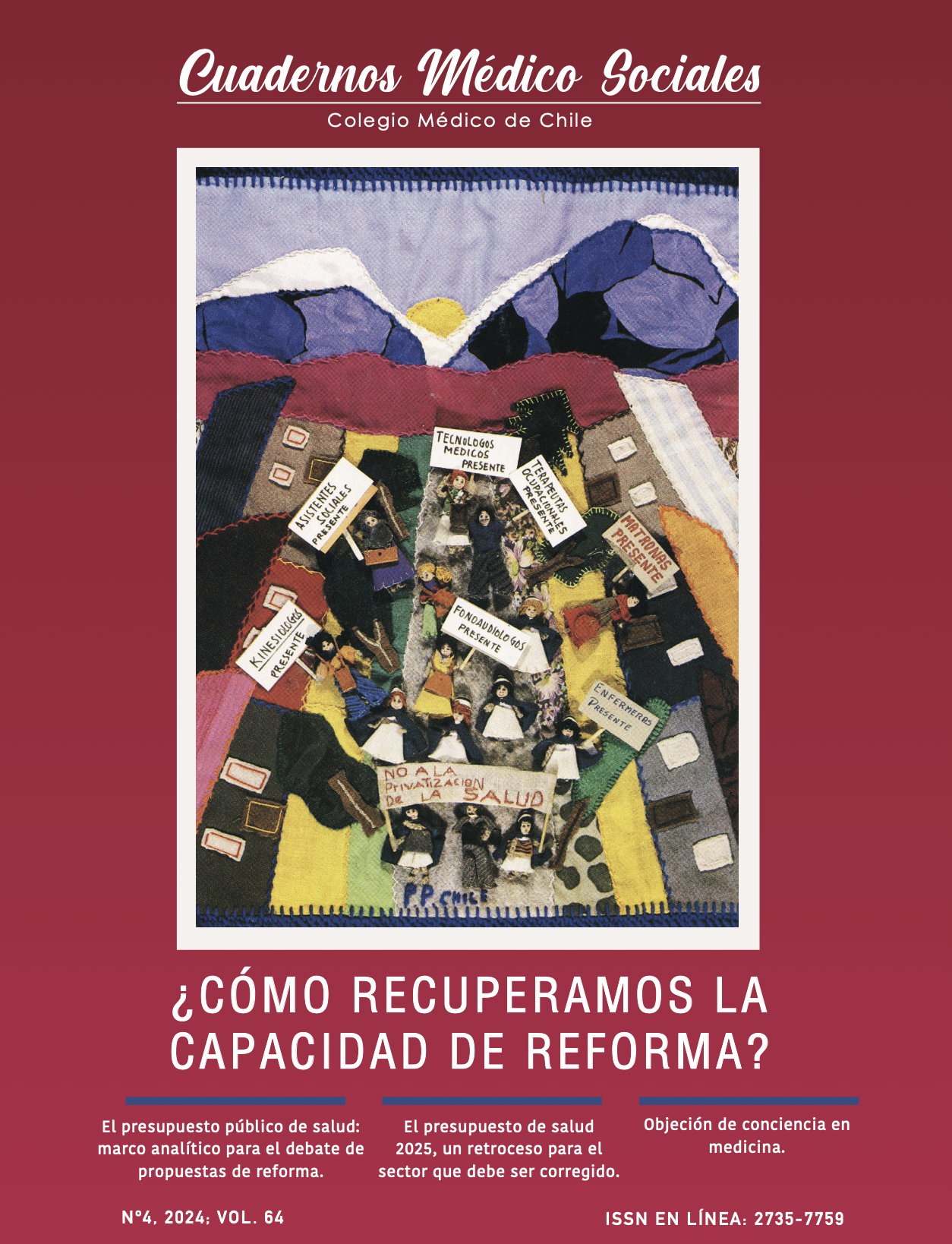The Nanoemulsions of essential oils: a green alternative for the control of agricultural pests and transmitters of tropical diseases
DOI:
https://doi.org/10.56116/cms.v64.n4.2024.2149Keywords:
Nanoemulsions, Essential oils, Agricultural pestsAbstract
Insects, spiders and mollusks are important in the ecosystem, but they also represent risks to health and agriculture. In tropical countries, they transmit serious diseases such as malaria and dengue, as well as causing damage to many economically important crops such as potatoes and tomatoes. In this context, pest control with synthetic pesticides, the most widely used method, causes environmental problems and resistance in pests, so natural alternatives are sought, such as the use of essential oils (EOs), known for their insecticidal properties. Due to their chemical and physicochemical characteristics, these oils have solubility and stability problems in aqueous media, therefore the formulation as a nanoemulsion is a viable alternative for their uses. Nanoemulsions (NEs) are dispersions between immiscible liquids, with nanometric-sized droplets, which improves the stability, penetration and effectiveness of the active compounds. Studies show that NEs from EOs of eucalyptus, basil and other plants are effective against disease-transmitting mosquitoes, such as Aedes aegypti, and agricultural pests. Therefore, NEs from essential oils are presented as an effective and ecological alternative in the control of agricultural and sanitary pests, and their implementation is recommended in agriculture and urban environments.
Downloads
References
Araújo, F. D. P., Albuquerque, R. D. D. G. D., Rangel, L. D. S., Caldas, G. R., Tietbohl, L. A. C., Santos, M. G., Rocha, L. (2019). Nanoemulsion containing essential oil from Xylopia ochrantha Mart. produces molluscicidal effects against different species of Biomphalaria (Schistosoma hosts). Memórias do Instituto Oswaldo Cruz, 114, e180489. https://doi.org/10.1590/0074-02760180489.
de Sousa dos Santos, E. L. V., Cruz, J. N., da Costa, G. V., de Sá, E. M. F., da Silva, A. K. P., Fernandes, C. P., Souto, R. N. P. (2024). Essential Oil of Ocimum basilicum against Aedes aegypti and Culex quinquefasciatus: Larvicidal Activity of a Nanoemulsion and In Silico Study. Separations, 11(4), 97. https://doi.org/10.3390/separations11040097.
Echeverría, J., & Duarte Galhardo de Albuquerque, R. D. (2019). Nanoemulsions of essential oils: new tool for control of vector-borne diseases and in vitro effects on some parasitic agents. Medicines, 6(2), 42. https://doi.org/10.3390/medicines6020042.
Jesser, E., Yeguerman, C. A., Urrutia, R. I., Murray, A. P., Domini, C., & Werdin‐González, J. O. (2023). Development and characterization of nanoemulsions loaded with essential oil and β‐cypermethrin and their bioefficacy on insect pest of economic and medical importance. Pest Management Science, 79(11), 4162-4171. https://doi.org/10.1002/ps.7613.
Nascimento, L. M., Apolinario, R., Machado, F. P., Correa, A. L., Caldas, G. R., Ruppelt, B. M., Feder, D. (2020). Effects of nanoemulsion and essential oil from the leaves of Ocotea elegans against Dysdercus peruvianus. Research, Society and Development, 9(10), e909108424-e909108424. https://doi.org/10.33448/rsd-v9i10.8424.
Nuryanti, N. S. P., Budiarti, L., Dulbari, D., Sutrisno, H., Sudrajat, D., Yuriansyah, Y., Maharani, J. S. (2023). Activity of nanoemulsion botanical insecticides from Myristica fragrans and Jatropha curcas essential oil against Sitophilus zeamais. Biodiversitas Journal of Biological Diversity, 24(10). https://doi.org/10.13057/biodiv/d241042.
Sugumar, S., Clarke, S. K., Nirmala, M. J., Tyagi, B. K., Mukherjee, A., & Chandrasekaran, N. (2014). Nanoemulsion of eucalyptus oil and its larvicidal activity against Culex quinquefasciatus. Bulletin of entomological research, 104(3), 393-402. https://doi.org/10.1017/S0007485313000710.
Wahba, T. F., Abd-Elatef, E. A., & Wahba, M. N. (2024). Field effectiveness of some essential oil emulsions against the whitefly Bemisia tabaci (GENN.) that infest potato plants in Egypt. Journal of Plant Diseases and Protection, 1-13. https://doi.org/10.1007/s41348-024-00944-8.
Downloads
Published
How to Cite
Issue
Section
Categories
License
Copyright (c) 2024 Ricardo Diego Duarte Galhardo de Albuquerque

This work is licensed under a Creative Commons Attribution-NonCommercial-ShareAlike 4.0 International License.


